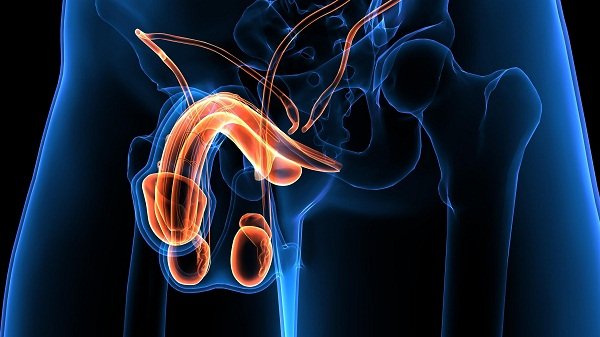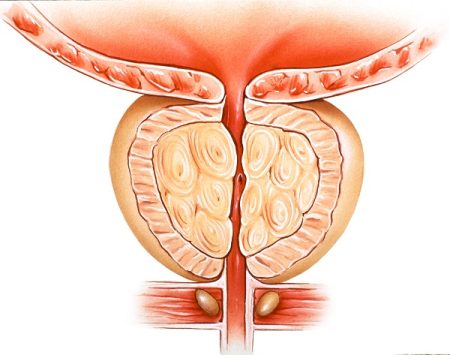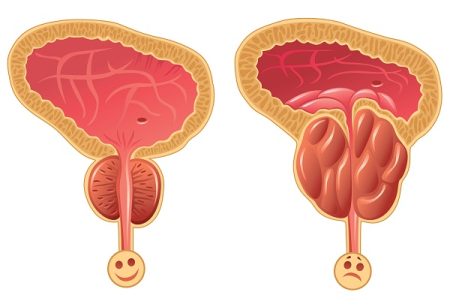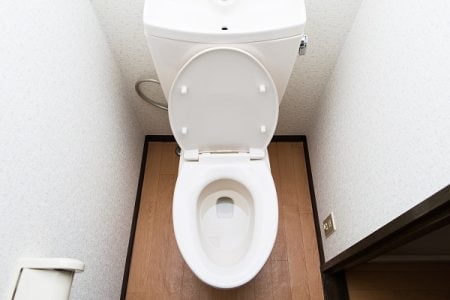Prostatitis Treatment: How is Prostatitis treated?
- Updated on: Jul 13, 2024
- 4 min Read
- Published on Oct 3, 2019


Each type of prostatitis has a different causative agent, so is the treatment. Chronic bacterial prostatitis and chronic pelvic pain syndrome are known to stay for a long time even after initial treatments. The reason for this is that they are not so well studied by the researchers. This can be frustrating for the person suffering from the condition.
Treatment of prostatitis
The treatment options vary from person-to-person, simply depending upon the case and the severity of symptoms. Each person responds differently to the treatment option and sometimes doctor tries varied treatment if symptoms are not improving.
Following are the common treatment options suggested by healthcare professionals:
- Lifestyle changes
- Medicines
- Milking the prostate
- Warm bath with Epsom salt
- Surgery
- Complementary therapies
- Antidepressants
Lifestyle changes
In addition to medications and surgery, the patient can try a number of things to get better. Following are some of them:
- Drink a plenty of water and healthy fluids. Drinking six to eight glasses of water daily is recommended. Squash or fruit juice should be regularly taken. Doctors suggest avoiding alcohol and other drinks that contain caffeine such as tea and coffee. These drinks may irritate the bladder and make the symptoms worse.
- Certain foods are known to bring on the flare. The patient should take a note of what to eat and what not to eat. Consulting doctors for this can be of great help.
- The healthcare professionals advise the patients to sit comfortably. Sitting for a longer period during a flare can be painful. The patient in such cases can take a soft cushion to sit on.
- Staying active and exercising routinely can help the patient feel better. It also reduces the pain and other symptoms. Activities like cycling that put pressure between back and testicles are avoided. They are known to make the symptoms worse.
- Keeping an account of what brings up the pain can be useful. This can also help the doctor to understand what the patient is feeling. A person can keep a track of food, drinks and exercises that reduce or bring upon the symptoms.
- Pelvic floor exercise is recommended by physicians. Pelvic muscles help in controlling the urination. There are certain exercises that help to strengthen these muscles. The person suffering from prostatitis can speak to the specialist about it.
- Herbal remedies and supplements like quercetin and saw palmetto help to reduce the symptoms and pain. Doctors and physician can suggest which therapy can be beneficial for the patient.
Medicines
This is the first and the most often used treatment option for prostatitis. A course of antibiotics for at least four to six weeks is prescribed by the doctors.
Prostate-penetrating antibiotics, such as fluoroquinolone or trimethoprim-sulfamethoxazole are prescribed. The condition may be treated with alpha-blocking agents or diazepam with sitz baths.
The treatment for prostatitis depends on the type you have. If an antibiotic is prescribed, it is important to stay on schedule and finish the whole prescription. Unless the doctor tells the patient to stop, he should continue to take the antibiotics.
In addition, doctors may suggest pain-relieving drugs based on the severity of symptoms. Following are the medicines prescribed:
- alpha blockers (such as tamsulosin)
- 5-alpha-reductase inhibitors (such as finasteride)
- non-steroidal anti-inflammatory drugs (NSAIDs).
Milking the prostate
Milking of the prostate gland or commonly called, as prostate massage is a technique to improve blood flow in the prostate gland. The technique helps to deliver more nutrients and oxygen to the prostate. This eliminates the toxins from the gland and help in the diagnosis of prostatitis.
To massage the prostate, the doctor asks the patient to bend forward on a table and relax. The doctor then inserts a lubricated gloved finger into the anus and applies gentle pressure to massage the prostate. If done correctly, the procedure does not cause any pain.
Warm bath with Epsom salt
Prostatitis also causes irritation and discomfort that can be soothed with the help of warm bath. Sitz bath or a small tube that fits over the toilet seat can be used. You can also take a full body bath. Epsom salt can be added to the bath to provide relief from pain.
Surgery
Surgery is not so often done to treat prostatitis. It is used to treat patients suffering from chronic pelvic pain syndrome (CPPS). The risk of making symptoms worse is always associated with it along with a number of side effects.
Complementary therapies
There is no solid proving about it but some physicians also recommend complementary therapies to make the person feel better. However, these therapies are used alongside conventional treatments.
The person can try acupuncture, massage or reflexology. Aromatherapy can help in relieving stress and depression. Relaxing method can be different for different persons like deep breathing, relaxation tapes, meditations and warm baths. These make the person more comfortable and might take the mind off the pain.
Anti-depressants
Prostatitis sometimes affects the mood of the patient. They might feel very low and depressed. Anxiety is said to be associated with this disease. Doctors sometimes suggest anti-depressants for the mood swings and depression.
FAQs
Is antibiotic therapy the only treatment for prostatitis?
Antibiotics are commonly used, but treatment plans may include other approaches like alpha-blockers, anti-inflammatory drugs, and lifestyle modifications.
How long does prostatitis treatment typically last?
The duration varies based on the type of prostatitis. Acute cases may require shorter courses (4-6 weeks), while chronic cases might necessitate longer treatments.
Can prostatitis be treated at home without medical intervention?
Home remedies can help manage symptoms, but professional medical guidance is crucial for proper diagnosis and treatment. Severe cases require medical intervention.
Are there side effects associated with prostatitis medications?
Yes, medications may have side effects. It's essential to discuss potential side effects with the healthcare provider, who can adjust the treatment plan if necessary.
Can prostatitis recur after successful treatment?
Yes, prostatitis can recur. Follow-up care and lifestyle changes are essential to reduce the risk of recurrence. Regular medical check-ups are advisable.












